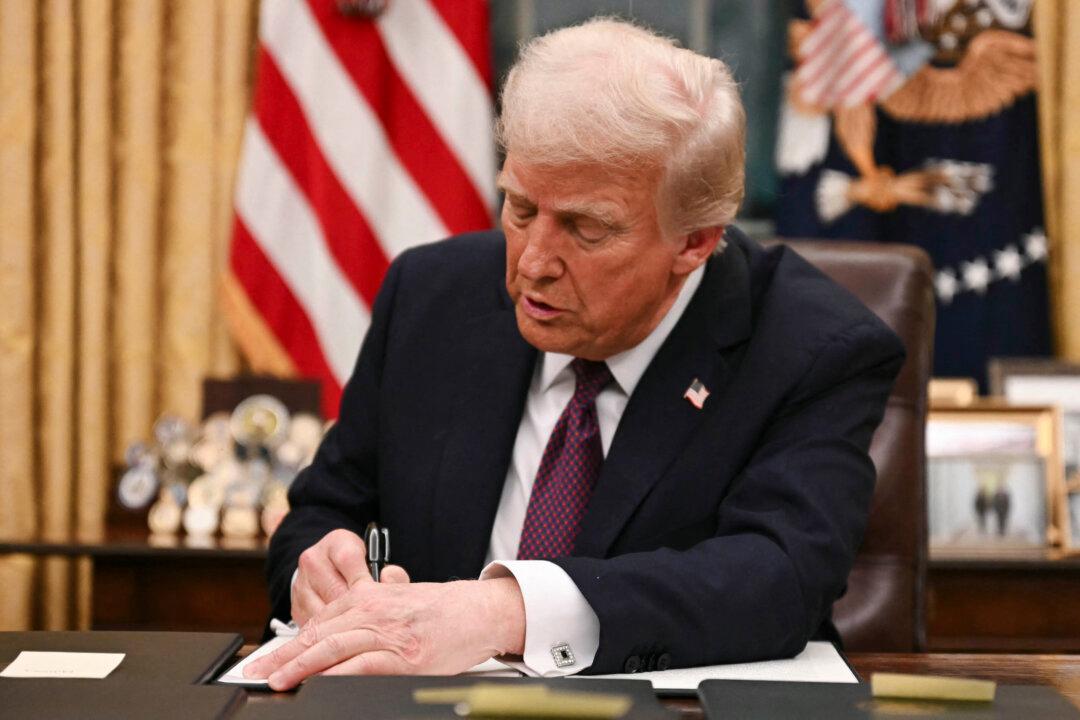A coalition of 22 state attorneys general and two cities have filed lawsuits seeking to block President Donald Trump’s executive order denying citizenship to children born in the United States to illegal immigrants and other non-citizens.
One of the complaints, filed on Jan. 21 at the U.S. District Court in Massachusetts, alleges that Trump’s Jan. 20 order to end birthright citizenship violates the Fourteenth Amendment of the U.S. Constitution and Section 1401 of the Immigration and Nationality Act.





